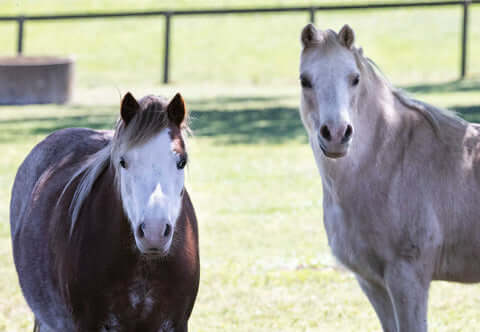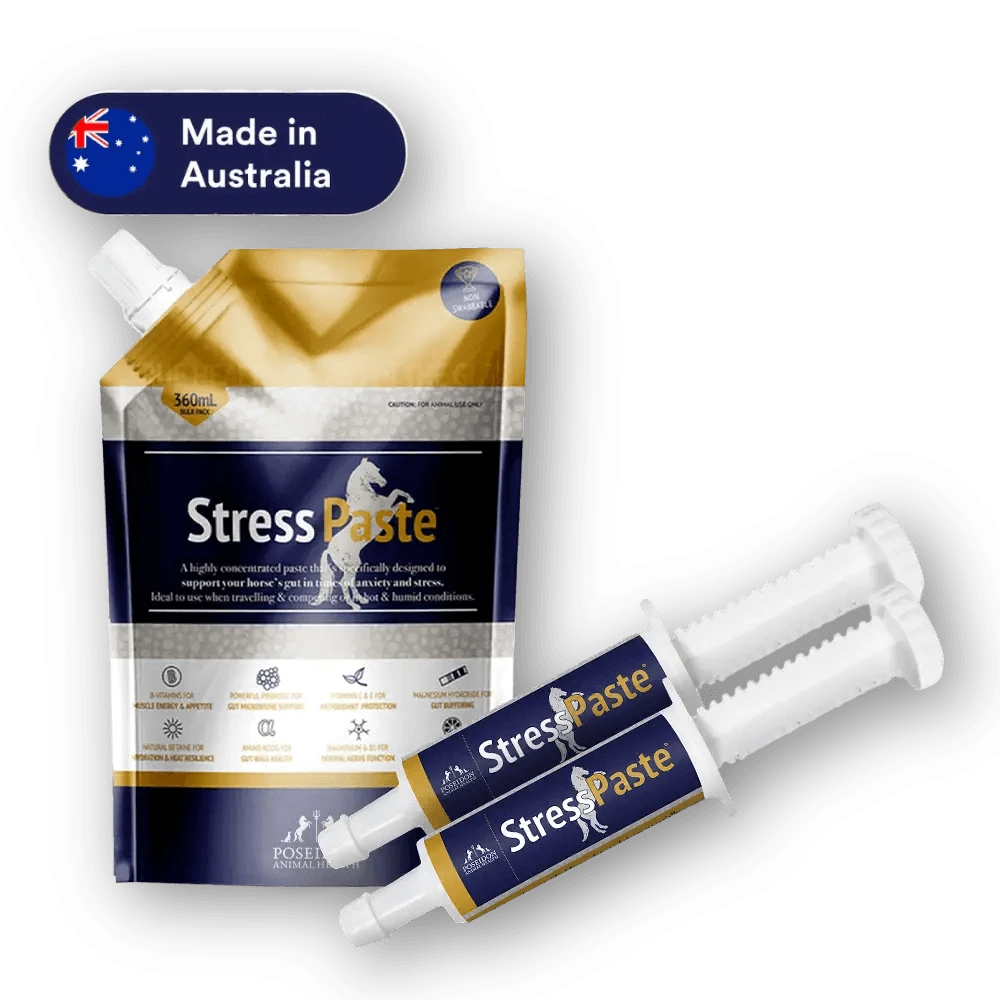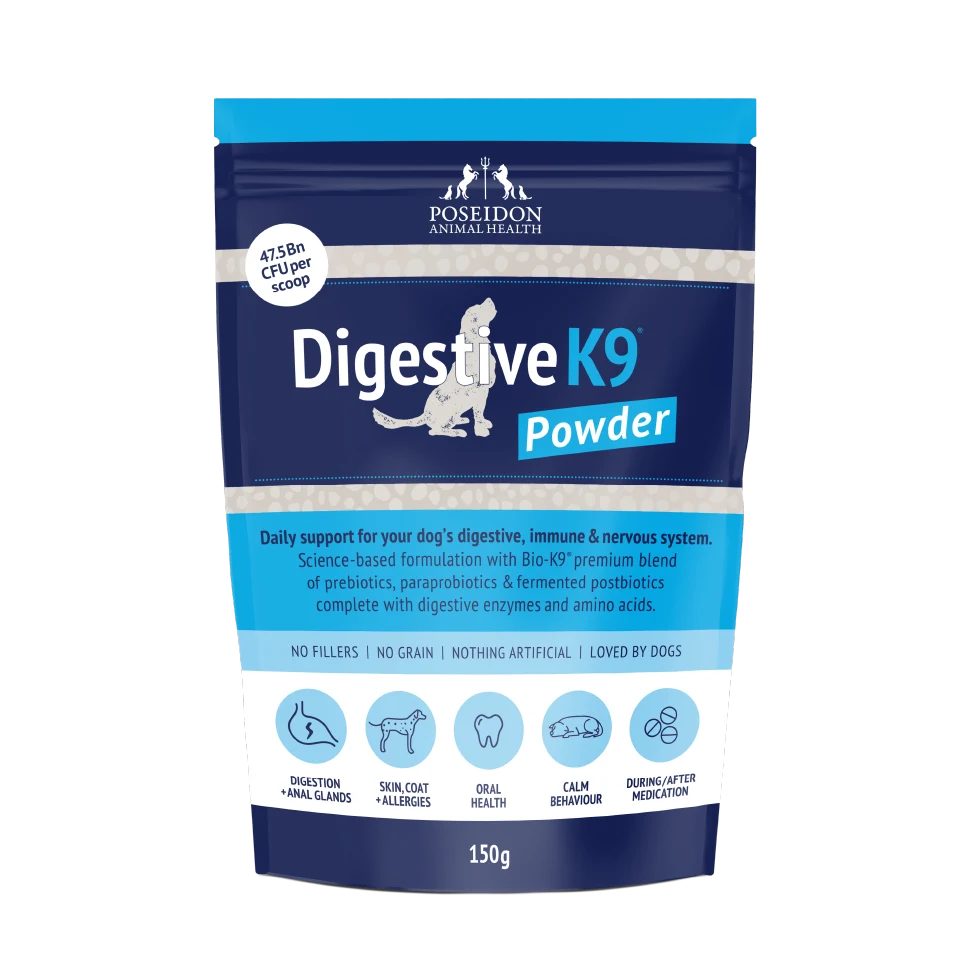
Dr Erin Roddy DVM - Proprietor and Head Veterinarian
A lot of horse owners wonder (but might not want to ask)…
Why does my foal eat its Mum’s poo?
It might not appeal to us very much, but your foal absolutely needs to eat its Mum’s manure – and the better quality that manure, the better (no kidding).
Foals are born without any fibre-digesting bacteria in their gastrointestinal tracts, so they have to eat their Mum’s manure to get it. (There is even a word for this behaviour – ‘coprophagy’). If the mare’s gut is healthy and populated by mostly ‘good’ bacteria then her manure will provide plenty of ‘good’ bacteria for her foal too. In turn this will populate the foal’s gut with ‘good’ bacteria and set it up for a lifetime of efficient fibre digesting. Perfect.
That’s the short answer, but let’s delve a little deeper…
All horses are purpose-built to eat a high fibre diet. To extract energy and other nutrients from this fibre, horses largely rely on the microbiota in their gut (especially the hindgut).
The word ‘microbiota’ refers to the community of microbes – including bacteria, fungi and protozoa – that live in the gut. Ideally, they help break down the food the horse eats to provide it with energy and nutrients. Healthy microbiota (and hence a healthy gut) are crucial to the overall health of your horse.
What are ‘good’ bacteria?
To keep things simple, we call all fibre-fermenting microbiota ‘good’ bacteria. If your horse has a lot of ‘good’ bacteria its gut will likely be healthy. ‘Good’ bacteria provide the horse with many benefits, including:
- Efficient fibre fermentation (which means your horses can get the most out of its food)
- Vitamin production
- A healthy appetite
- Strong hooves, and
- A healthy immune system
You definitely want these benefits for your foal (and for all your other horses too).
What are ‘bad’ bacteria?
On the flipside, we term starch and sugar fermenting microbiota ‘bad’ bacteria. Too many ‘bad’ bacteria lead to an unhealthy gut. This can cause problems such as:
- Reduced fibre fermentation (which shows up as the horse being a ‘hard keeper’)
- B-vitamin deficiency
- Fussy eating
- Weak or brittle hooves
- Girthiness
- Laminitis
- Colic, and
- ‘Hot’, fizzy or sour behaviour
Not ideal. You definitely don’t want your new foal’s gut to be over-run by ‘bad’ bacteria.
The first two weeks matter the most
Research from Kentucky, USA suggests that the colonisation of the foal’s gut occurs in its first 2 weeks of life. By weeks 4 - 6 the foal’s microbiota does not change significantly from the end of week 2. So, these first two weeks of the foal’s life really are crucial in terms of it setting itself up with ‘good’ bacteria for a healthy gut for life. As you read earlier, foals populate their microbiome based on microbiota they ingest mainly from their mother’s manure but also, to a lesser extent, from what’s present in the environment. Another interesting fact is that foals raised in a herd environment will consume their mother’s manure preferentially, over the manure of other horses in the herd.
Colostrum and oligo-what?
Mother nature really is a marvel, and she knows just how important healthy gut microbiota are for the foal. Mare’s colostrum contains ‘milk oligosaccharides’ which are a special type of carbohydrate that help to feed the foal’s new population of gut bacteria. They also help support the foal against immune challenges. Clever.
How can you help your foal have a healthy gut?
Well, if your mare’s manure is what your foal will predominantly use to populate its own gut, then ideally, you want your mare to have the healthiest gut possible. Of course, you also want your mare’s gut to be healthy per se so that she too stays healthy, nourished, in great condition, and producing good quality milk. But what can you do to help?
First, make sure the mare is eating a fibre-based diet that contains a variety of good quality fibre sources. These include low NSC pastures and hay – such as rhodes grass, native grasses, lucerne hay & chaff, and teff hay.
Studies have shown that horses eating diets high in starch and sugars – especially if fed in large meals and where the diet doesn’t also contain a lot of fibre – tend to have unhealthy gut microbiota. Starch and sugars are found in grains, grain byproducts, molasses and high NSC pastures (such as ryegrass). Changes in diet can disrupt the hindgut as soon as 4 hours after the dietary modification and can last for up to 30 days. Interestingly, shifts in gut microbiota populations are especially high in the right ventral colon, which is where the majority of impaction colics occur.
The problem with feeding too much starch and sugar, is that ‘bad’ bacteria proliferate and can make the hindgut acidic, which in turn kills off the ‘good’ bacteria. So, if you can, try to avoid feeding high starch and sugar feeds.
High fibre, low starch feeds like lupins, beet pulp, copra meal and lupin hulls can be used to top up calorie requirements and provide additional fibre diversity for the hindgut. The more of these ingredients you can use in combination, the better! Properly extruded grains can also be used safely if needed, as these are better digested by the horse in its small intestine, so are less likely to negatively impact its ‘good’ hindgut bacteria.
During pregnancy and lactation, it’s especially important to make sure your mare’s diet is balanced so that it contains enough energy and the right amount good quality protein, vitamins and minerals. On a fibre-based diet you might need to top up with a good quality protein source and vitamin and mineral supplement. If you need some help figuring out how to balance the diet, trying using the free Feed Assist tool on the Poseidon Equine website (link).
As you read above, foals need to eat their mum’s manure. So don’t pick up all the poo in the paddock. Husbandry practices where foals aren’t allowed access to mare’s manure are incredibly detrimental to the health of the foal.
In addition to feeding a high fibre, low starch diet, sometimes your mare may also benefit from having her gut health supported by a good quality gut health supplement.
Antibiotics have the ability to change or damage the developing microbiome, so they should be used extremely judiciously. This is especially true in the first two weeks (but ultimately the first six weeks) of a foal’s life, in order to avoid long lasting damage to the microbiota.
Will my foal be ‘hot’ because it’s Mum is ‘hot’?
It’s long been accepted that ‘a hot-headed mare will breed a hot-headed foal’ and that horses who started out as orphan foals are never ‘quite right’. Of course, behavioural traits have an inherited component, but there’s also a link between behaviour and gut health. We wonder how much of ‘hot’ behaviour is to do with an unhealthy gut from the get-go – either as a result of having a mother whose gut (and hence manure) was unhealthy, or from having no mother at all.
So many Poseidon customer’s report that their horses are more relaxed once they have transitioned them to a balanced, high fibre, low starch diet and supported their gut health with a supplement. So it would seem logical to us, that if the mare’s gut health was supported and resulted in a more relaxed temperament, this could lead to a healthier gut and more relaxed temperament in her foal too. At this stage, this is just our theory, but as scientific research into gut health progresses, more research into the merit of this concept will no doubt emerge.
Take home points
- Foals eat their Mum’s manure to populate their own guts with microbiota. They absolutely need to eat it.
- Foals populate their gut with microbiota in the first 2 weeks of life.
- Horses are designed to eat fibre-based diets.
- The term ‘microbiota’ relates to the microbes – bacteria, fungi, protozoa etc – that live in the gut.
- We call fibre fermenting microbiota ‘good’ bacteria.
- We call starch and sugar fermenting microbiota ‘bad’ bacteria.
- ‘Good’ bacteria help the horse digest its food properly and stay healthy.
- Too many ‘Bad’ bacteria cause poor gut health and poor horse health overall.
- Good sources of fibre include: low NSC pastures and hay such as rhodes grass, native grasses, lucerne hay & chaff, and teff hay.
- Lupins, beet pulp, copra meal and/or lupin hulls are useful for adding extra calories without having to feed grain.
- Where necessary, properly extruded grains can be fed safely.
- Balance the diet so that protein, vitamin and mineral needs are met.
- If possible, avoid antibiotics, especially in the foal’s first 2 weeks.
No matter how big or small your herd, welcoming a new foal is an exciting and wonderful time. We understand first hand that you really want to get it right. Doing everything you can to support good gut health in your mare and hence foal will go a long way to setting your new foal up for a lifetime of robust health.
How can Poseidon products help?
- Digestive EQ is a premium quality gut health supplement. You can feed it to mares during pregnancy, with the aim of improving their gut health (and hence that of their foal). Digestive EQ is also safe for lactating mares and their foals who will commonly nibble at their dam's feed from an early age.
- Digestive VM is a high spec vitamin, mineral and amino acid supplement which can be used to help balance the mare’s diet.
- Stress Paste is a concentrated supplement designed to nutritionally support your horse during times of stress. It can be fed to foals and weanlings experiencing stress (for example during travel or weaning) as well as adult horses. For foals, feed a quarter of the recommended dose that you would need for the foal’s dam. For weanlings use a half dose.
As always check with your vet if you have concerns about potential underlying health issues or if your horse is on medication.






















